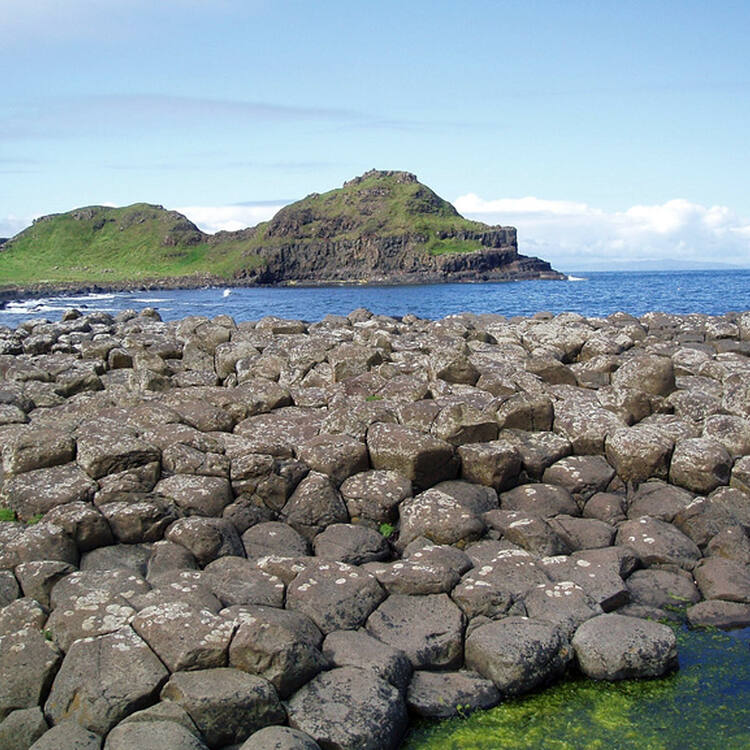Giant's Causeway Formed At Cooler Temperature Than Previously Thought
New study reveals alternative formation process
Scientists have reproduced the process in the laboratory
The Giant's Causeway, a UNESCO World Heritage Site in Northern Ireland, is made up of some 40,000 massive black basalt columns. These columns were formed 50 to 60 million years ago during a volcanic eruption, when lava came into contact with the sea and cooled rapidly.
Scientists have long believed that the columns formed at a temperature of around 1,100 degrees Celsius. However, a new study published in the journal Nature Communications reveals that the columns may have actually formed at a much cooler temperature, around 900 degrees Celsius.
The study's authors conducted a series of experiments in the laboratory, in which they simulated the conditions under which the Giant's Causeway formed. They found that the columns formed at a much cooler temperature than previously thought, around 900 degrees Celsius.
This new finding could have implications for our understanding of how the Giant's Causeway formed, and could also help scientists to better understand other volcanic formations around the world.


Komentar